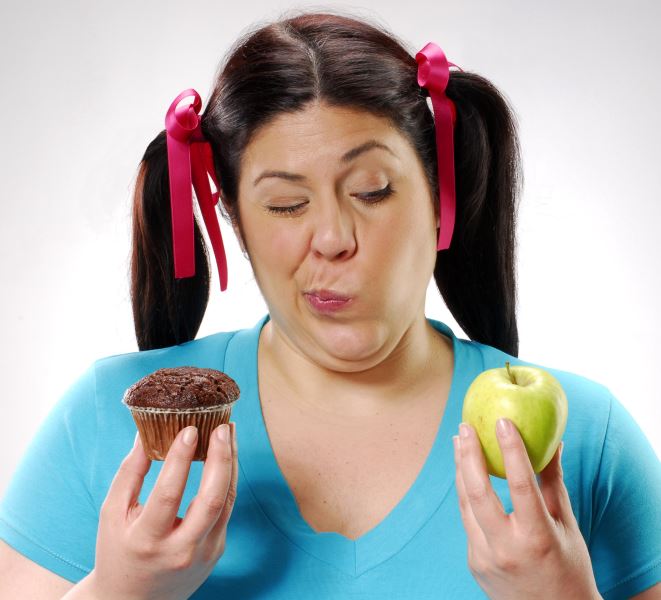How to Survive a Heart Attack When Alone
- 24 Dec, 2024
- Written by Team Dr Lal PathLabs
Medically Approved by Dr. Seema
Table of Contents

A heart attack occurs when there is a restricted blood flow to certain areas of the heart. Plaques, or accumulations of fatty deposits in the arteries, are frequently the cause of this blockage. An arterial blockage could also occur from a blood clot that forms when one of these plaques fractures. This blockage reduces blood flow to the heart muscle, leading to tissue damage and potentially causing the heart muscle to die.
Symptoms of a Heart Attack
A heart attack can present a variety of symptoms. Some people experience mild symptoms, while others may have severe ones or even no symptoms at all. Common heart attack symptoms include:
- Chest pain or discomfort that has a painful, tight, squeezing, or pressing feeling
- Pain or discomfort radiating to the jaw, teeth, neck, shoulders, arms, back, or even the upper abdomen
- Cold sweat
- Extreme tiredness
- Heartburn or upset stomach
- Feeling lightheaded or suddenly dizzy
- Feeling nauseous
- Difficulty breathing
Women might experience different symptoms, such as sharp pain in the neck, arm, or back. In some cases, the first sign of a heart attack may be sudden cardiac arrest, a medical condition where the heart stops beating unexpectedly and can be dangerous if the treatment is delayed.
Sometimes, heart attacks do not happen suddenly. Many people have warning signs hours, days, or even weeks before. Persistent chest pain or pressure that does not go away with rest could be an early warning sign of a heart attack.
What To Do In Case Of a Heart Attack
Experiencing a heart attack can be frightening, but knowing what to do can significantly increase the chances of survival. While one can’t stop a heart attack alone, prompt medical help can prevent severe damage.
Here is a list of steps to follow on how to survive a heart attack when alone:
- Call Emergency Services
- Immediately dial 108 or the local emergency number. Inform the operator of the condition and follow their instructions.
- Take an Aspirin
Take one tablet, chew and swallow it. Aspirin helps thin the blood, which can alleviate the severity of a heart attack. It is commonly available at most medical stores. - Rest
The person should sit down in a comfortable position. If feeling lightheaded or dizzy, they should lie on their left side with their legs bent. This position helps improve blood flow to the heart. - Call Someone for Support
Until help arrives, contact a friend, family member, or neighbour. Their presence can provide comfort and assistance. - Open The Front Door
If indoors, open the front door to ensure that emergency responders can easily access the location. This is especially important in warm or mild weather. - Stay Calm
Take long, steady breaths to help stay calm. Try not to panic and remember that help is on its way.
Early Signs of Heart Failure
Heart failure can begin with subtle symptoms that are often mistaken for normal ageing. It is important to recognise these early signs to seek timely medical help. The early signs of heart failure can be remembered using the acronym FACES.
- F-Fatigue: A general feeling of tiredness or exhaustion, particularly if it is more noticeable than normal or unrelated to physical exertion.
- A-Activity Limitation: Difficulty performing everyday activities due to feeling easily tired or short of breath.
- C- Congestion: Coughing, wheezing, and trouble breathing can all be caused by fluid accumulation in the lungs.
- E- Edema (Ankle Swelling): Swelling in the ankles, legs, thighs, or abdomen due to fluid retention. Additionally, this may cause quick weight gain
- S- Shortness of Breath: Difficulty breathing, especially when lying down, and feeling breathless even with minimal exertion.
What To Avoid During a Heart Attack
- Do Not Rely Solely on Nitroglycerin: If a person has nitroglycerin prescribed, do not rely on it alone. It helps relieve symptoms but does not stop the heart attack. Medical help is crucial.
- Do Not Cough Repeatedly: Avoid coughing frequently, as it can worsen the condition. If necessary, cough gently and slowly.
- Do Not Apply Pressure to the Chest
Do not press on the chest, as this can increase complications and worsen the condition.
Recognising the early signs of a heart attack and following these steps can improve the chances of survival during a heart attack. Immediate medical attention is crucial. It is also important to monitor heart health with routine examinations and preventive care.
Consult with a doctor and book a test with Dr Lal PathLabs today!
FAQs
- How can I spot early signs of heart failure?
Early signs include feeling very tired, having trouble doing daily activities, coughing or wheezing, swelling in the ankles or legs, and difficulty breathing, especially when lying down.
- What are the common signs of a heart attack?
Chest pain or pressure, pain that spreads to the shoulder, arm, back, neck, cold sweat, tiredness, dizziness, nausea, and trouble breathing. Women might feel a sharp pain in the neck or back instead.













